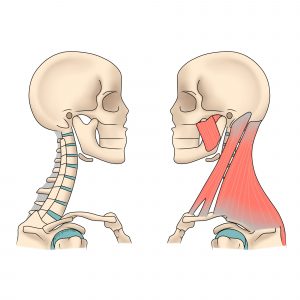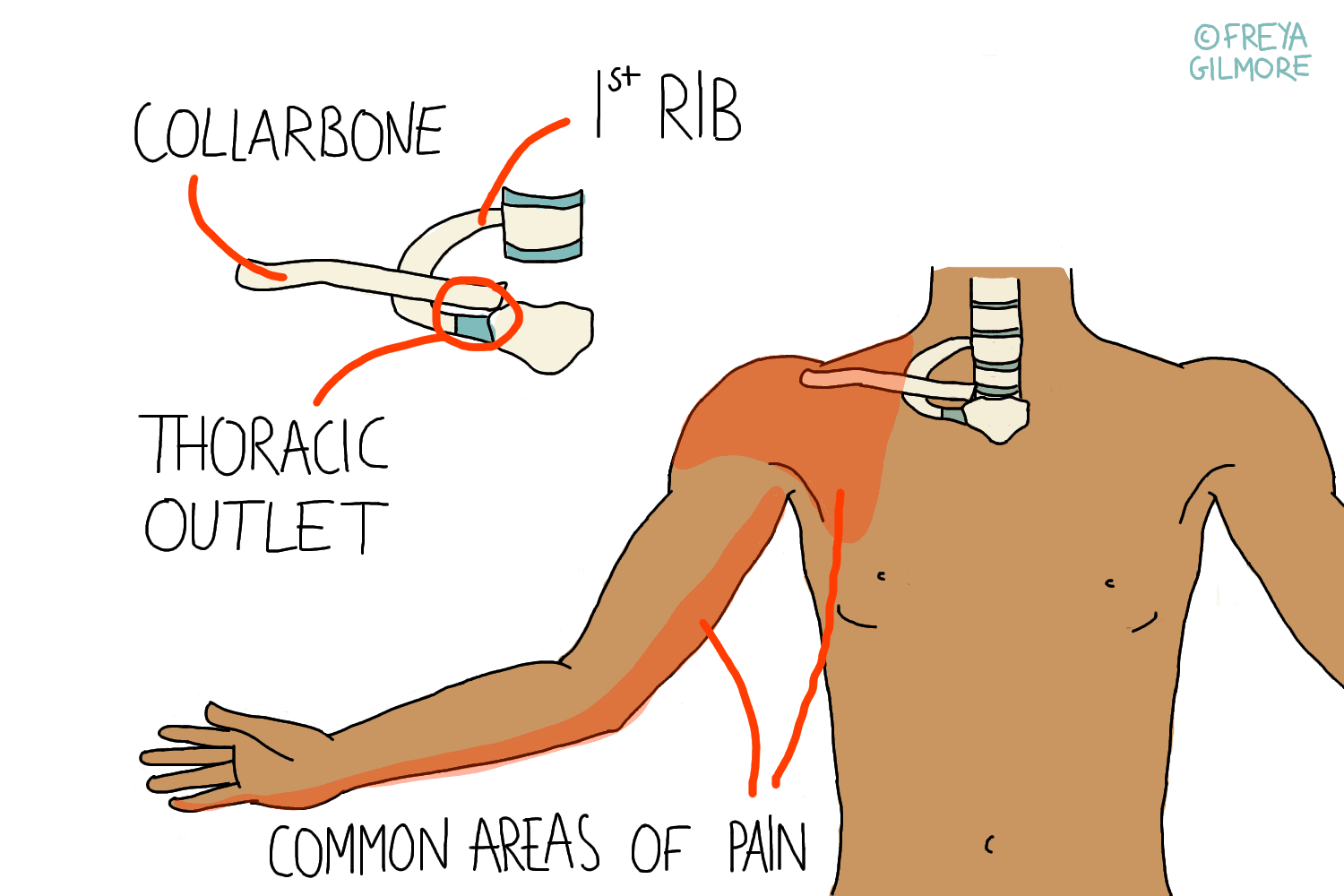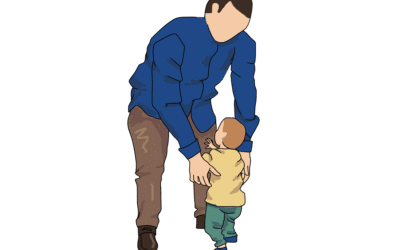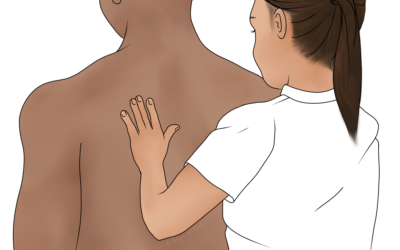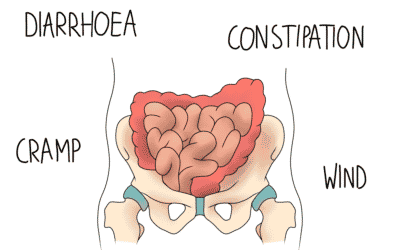Thoracic Outlet Syndrome (TOS) is an issue that causes pain and other symptoms in the shoulder and arm. It occurs when there is compression of blood vessels, nerves, or both. The compression happens at the thoracic outlet, which is a small space near where the collar bone meets the sternum (breast bone).
Symptoms of Thoracic Outlet Syndrome
Symptoms tend to affect any of the areas highlighted in the illustration above. In addition to arm and shoulder pain, some people also report a degree of neck pain. Within these areas there may be pain, tingling, or numbness. Some people have a constant ache in the area combined with a sharper pain.
A number of different problems can cause pain or pins and needles in this area, so your osteopath will take a detailed case history and examine the area thoroughly to determine the cause.
Managing Thoracic Outlet Syndrome
Your osteopath may be able to help you to manage your thoracic outlet syndrome. As always, we will look at the whole picture when working out a treatment plan. Understanding the factors that have led you to develop the condition is important, and between the case history and physical examination these should become clear. Some risk factors come down to lifestyle and activity. For example, lots of overhead exercise can irritate the area, as can strength training that focuses on the muscles around the thoracic outlet. Sometimes TOS develops after an injury, such as a broken collarbone that heals with a callus. There can also be a postural element, as rounding the shoulders makes the outlet relatively small. Desk ergonomics and sleeping positions can play into this, and we can offer advice to mitigate them.
In terms of treatment itself, the plan will depend on your specific case and the risk factors present. Often working to relax and stretch the muscles on the front of the chest is appropriate, potentially combined with exercises to strengthen the upper back. This approach can be useful to address rounded shoulders, thus giving the structures within the thoracic outlet more space. Once the pressure is removed from them, they can become less symptomatic quite quickly, although if the irritation has been present for a while it may take longer to calm down completely.
Medical Referral
When the blood vessels are compromised, the condition is generally more serious. You should see a doctor quickly, rather than an osteopath if your symptoms include:
- a change of skin colour in the arm (turning pale or blue)
- swelling in the arm
- skin that is cold to the touch
Some of these symptoms can be present when only the nerves are irritated.
It may also be appropriate to refer you back to your GP if your osteopath suspects that a cervical rib is causing your symptoms. This is when there is an extra rib at the base of the neck. Often this is a small bony growth, and for most people who have one, it will never cause symptoms so they will never know it’s there. However if your TOS is not responding to treatment, you may want to investigate your other options. A cervical rib can be diagnosed on X-Ray, and if it is deemed to be a cause for your symptoms, your doctors may offer you surgery.
Click here to make an appointment for your arm pain in Horley or Crawley
















